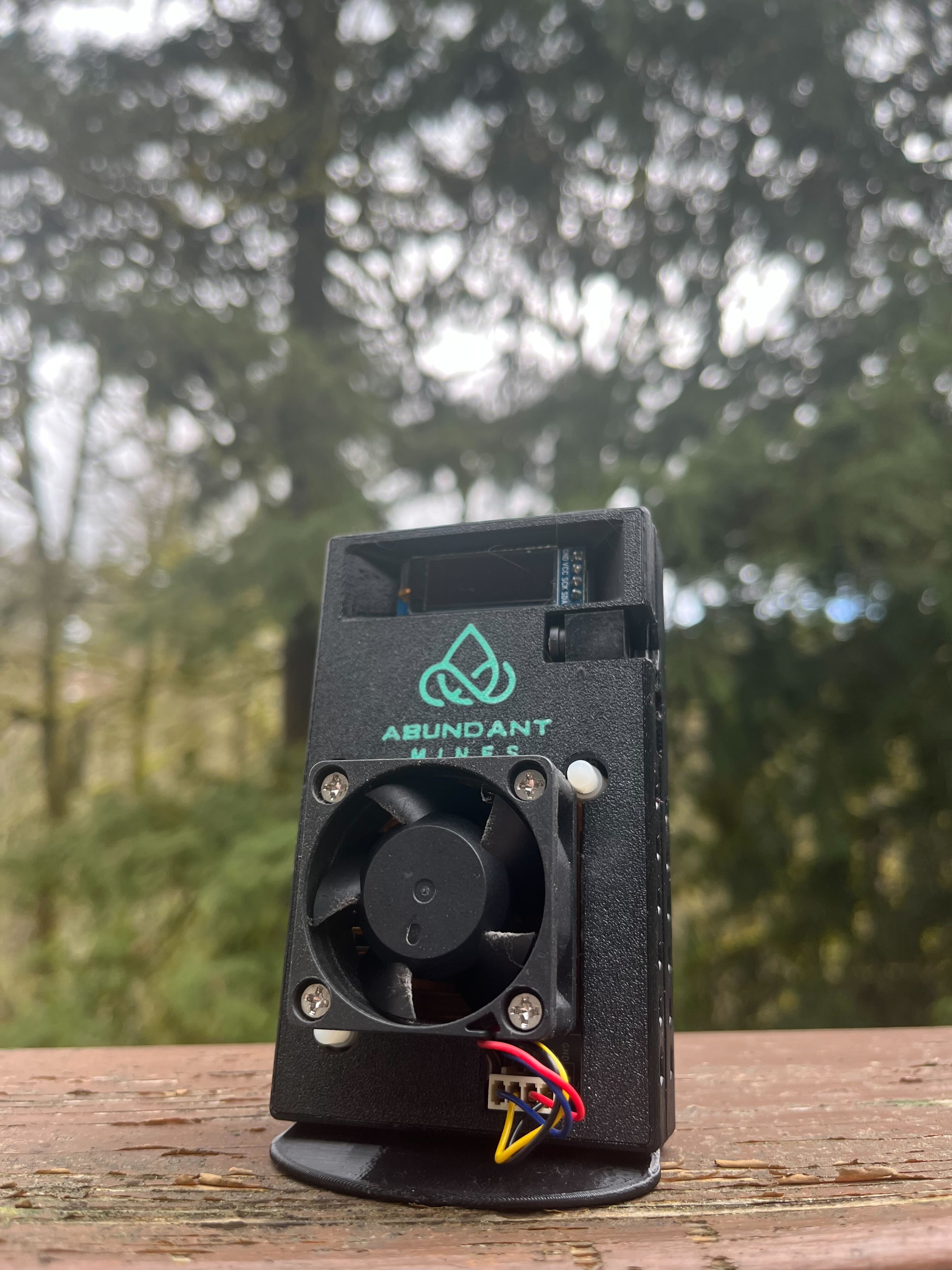Bitcoin mining has become a gateway to financial independence for many, offering a chance to earn digital assets while contributing to the backbone of a decentralized monetary network. However, entering the world of mining without proper preparation can lead to costly mistakes that undermine your efforts and profitability. At Abundant Mines, we make sure you avoid these mistakes.
This guide highlights the five most common mistakes new miners make and provides actionable solutions to ensure your Bitcoin mining journey is both successful and sustainable.
1. Trying to Mine at Home

A common error among new miners is attempting to run mining operations at home, assuming it will save money. Unfortunately, the reality often proves otherwise.
Mining Bitcoin requires significant energy, and residential electricity rates are usually too high to support profitable operations. Even if you manage the electricity costs, mining rigs generate considerable heat and noise, necessitating proper cooling and ventilation systems. Without these, your equipment risks overheating, which can lead to expensive repairs or permanent damage.
2. Lacking Technical Knowledge

Bitcoin mining is not a plug-and-play endeavor. Mining rigs are complex machines that require regular maintenance and technical expertise to ensure they operate efficiently. Issues like overheating, power surges, or hardware malfunctions can halt operations, resulting in lost revenue.
Without a solid understanding of the technical side, even small issues can become significant roadblocks, causing downtime and frustration.
3. Mining Altcoins Instead of Bitcoin
The promise of higher short-term returns from mining altcoins often tempts new miners. While altcoins can appear profitable initially, their volatile nature makes them unreliable for long-term investment.
Bitcoin, on the other hand, is the most secure and reliable digital asset with a proven track record. Its value is rooted in decentralization, energy-backed security, and widespread adoption, making it the foundation of the cryptocurrency ecosystem.
4. Neglecting Proper Security

Mining Bitcoin is just the beginning. Safeguarding your earnings is equally, if not more, important. Many new miners overlook security protocols, leaving their assets vulnerable to loss or theft.
Bitcoin exists on the blockchain, and your private keys provide access to your funds. If you lose these keys or fail to back them up securely, your Bitcoin is irretrievably lost.
How to Avoid This Mistake:
Invest in a signing device, which securely stores your private keys offline, protecting them from cyberattacks. Additionally, use a metal seed backup to record your recovery phrase. Unlike paper backups, metal backups are resistant to fire, water, and other disasters, ensuring your assets remain secure under any circumstances.
5. Waiting Too Long to Start
The most significant mistake is not starting at all. Many people hesitate due to perceived complexity or fear of making errors, delaying their entry into mining until the opportunity has passed them by.
The truth is, Bitcoin mining is a learn-by-doing process. Starting small can help you understand the basics and gradually build confidence.
The Solution: Partner with Experts
Bitcoin mining doesn’t need to be overwhelming or high-risk. By avoiding these common pitfalls and working with industry professionals, you can maximize profitability while minimizing stress.
Book a call now with Abundant Mines. We provide a comprehensive solution for new and experienced miners alike, offering:
- Affordable Energy Rates: Access cost-efficient energy to keep operations profitable.
- Technical Support: Benefit from expert maintenance and troubleshooting.
- Secure Storage: Ensure your Bitcoin is protected with advanced security consulting services.
- Proven Systems: Leverage industry experience for consistent and sustainable results.
Disclaimer: The information provided in this blog is for informational and educational purposes only and should not be construed as financial advice. Please consult with a financial advisor or conduct your own research before making any financial decisions.
.png)







